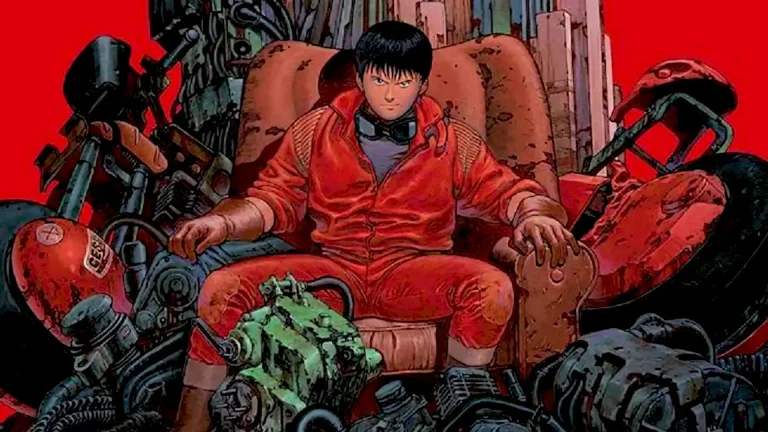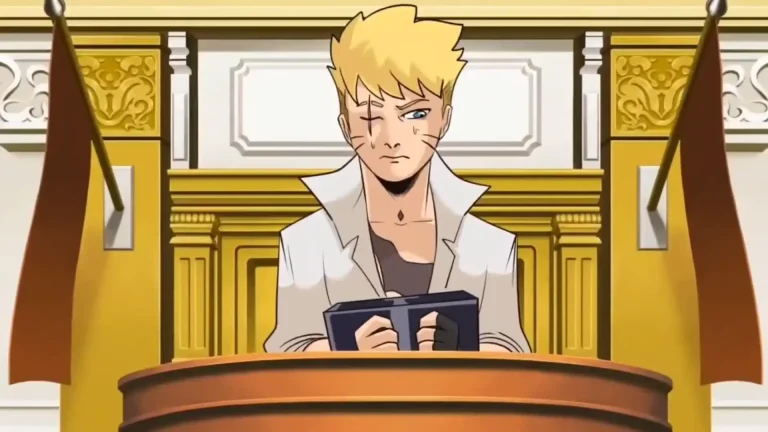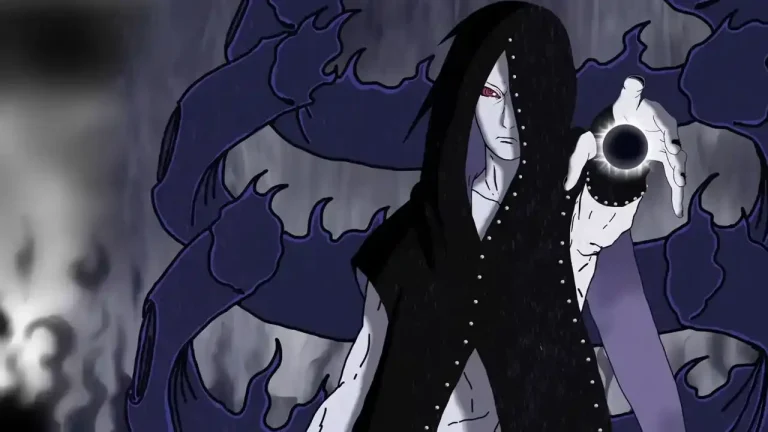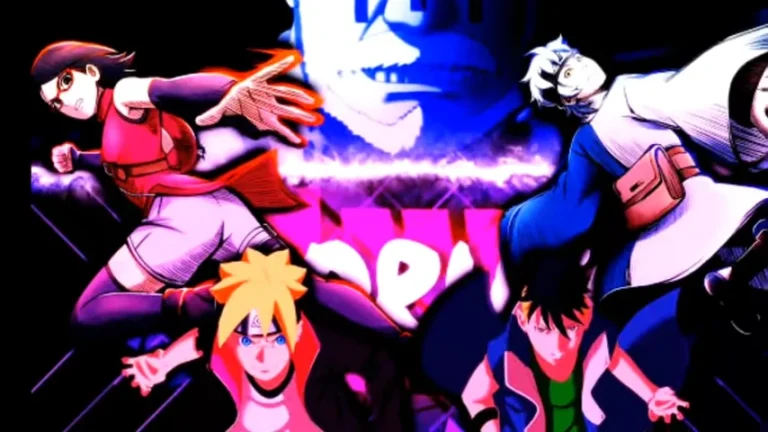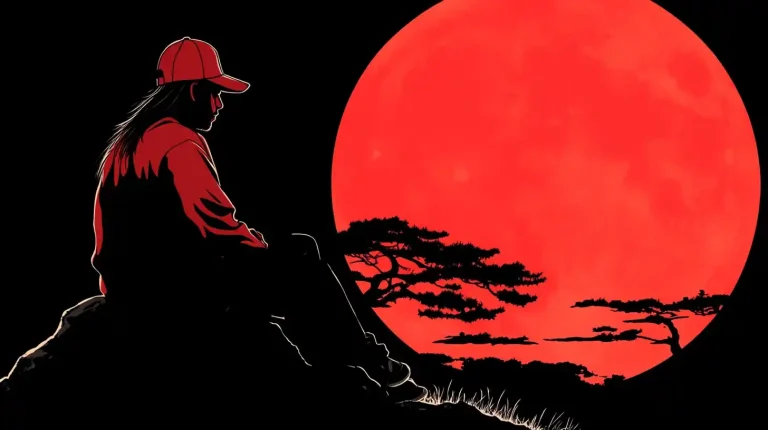Boruto’s Blindness to Love
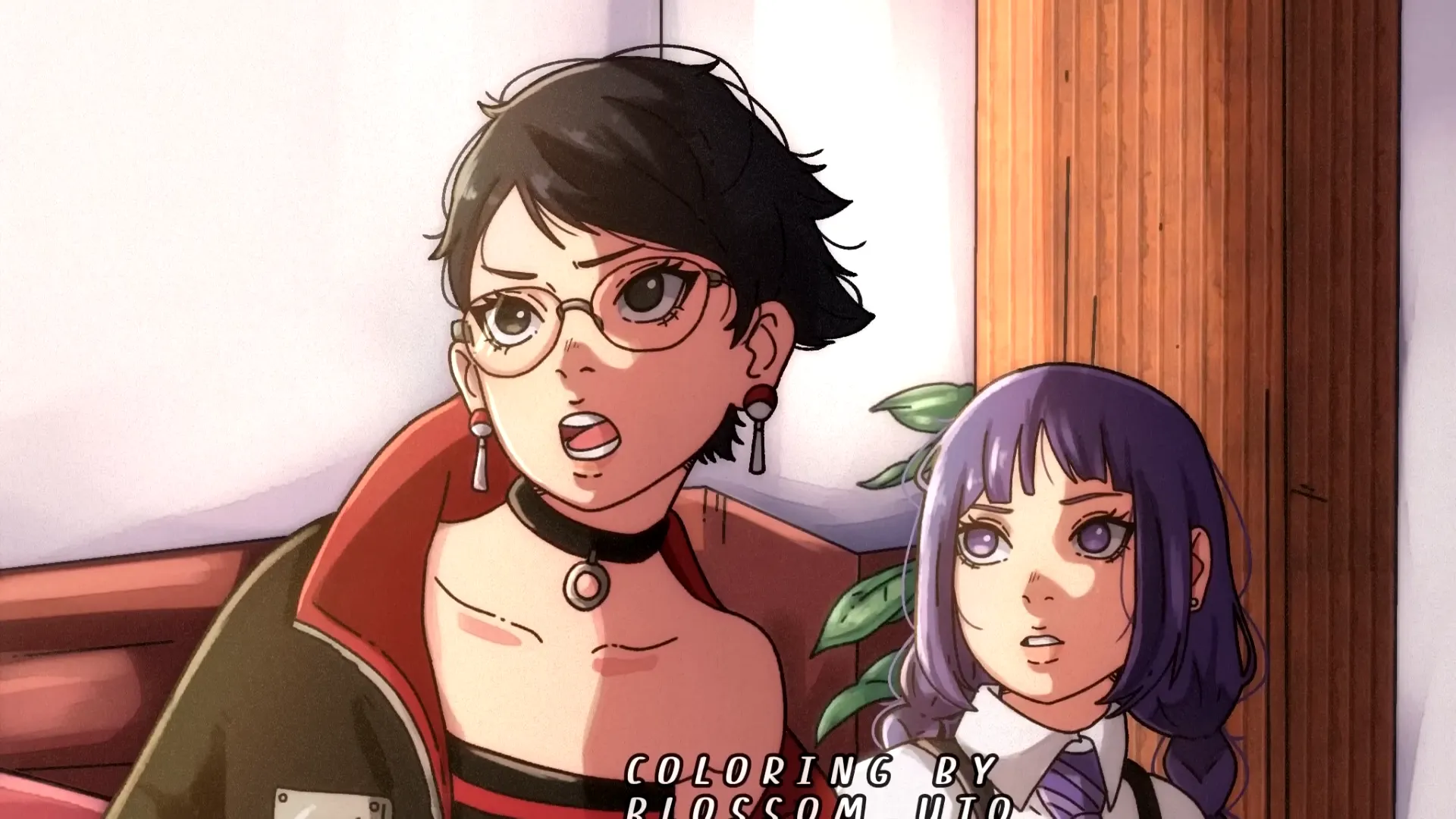
Boruto Manga Smart Writing or Missed Opportunity?
In the world of Boruto: Naruto Next Generations, romance has always lingered in the background, waiting for the right moment to emerge. Sarada Uchiha has silently confessed her heart through her actions.Learn how Sarada’s feelings for Boruto finally fuel her power Sumire Kakei has openly admitted her feelings and vowed not to step aside. Yet Boruto Uzumaki remains seemingly oblivious, focused solely on the storm of battles and threats that consume his life.
At first glance, this might look like poor writing—another dense shōnen protagonist who cannot recognize love when it’s staring him in the face. But on closer inspection, Boruto’s “blindness” is anything but accidental. It reflects a long-standing storytelling tradition in shōnen manga, one that adds strength and depth to the narrative.
The Tradition of the Clueless Protagonist
From Dragon Ball’s Goku to Naruto’s own journey, shōnen protagonists have often been portrayed as unaware—or willfully ignorant—of romance. Goku didn’t even understand Chi-Chi’s feelings until she forced him to confront them. Naruto needed a genjutsu intervention before realizing Hinata’s love. These characters were archetypes of the “idiot hero”: brave, determined, but utterly naive in matters of the heart. This echoes Boruto’s breakthrough against Momoshiki, underscoring his legacy struggle.
It shows how his maturity and focus on action parallels his romantic restraint.
Boruto, however, breaks this mold. He isn’t a fool. His life is dominated by existential threats—Code, Kawaki, Jura, and even Momoshiki inside his own body. He lives under suspicion, carrying the false stain of having killed his parents, while trying to reclaim his legacy and prove himself as Sasuke’s successor. With responsibilities of this magnitude, Boruto’s avoidance of romance isn’t ignorance—it’s survival.
Boruto and the Modern Shōnen Archetype
Unlike his father, who was shaped by the comedic cluelessness of older shōnen leads, Boruto embodies the “burdened hero.” His journey is closer to Ichigo Kurosaki (Bleach), Tanjiro Kamado (Demon Slayer), or Kenshin Himura (Rurouni Kenshin).
- Ichigo ignored Orihime’s love until after the chaos of battle had passed, when peace finally allowed him to acknowledge deeper feelings.
- Tanjiro, one of the most emotionally mature protagonists in shōnen history, did not pursue romance until after the war against Muzan was over.
- Kenshin Himura recognized the affection of both Kaoru and Megumi but delayed choosing love until his sins were atoned for and peace restored.
Boruto fits directly into this lineage. His silence toward Sarada and Sumire is not immaturity but discipline. Like his predecessors, he refuses to embrace vulnerability while his world is under fire.
Why Romance Must Wait
Romance in storytelling is powerful. It humanizes characters, introduces conflict, and adds emotional depth. But it also risks distracting from the core narrative if mishandled. In Boruto’s case, acknowledging love now would undercut the urgency of his struggles.
If Boruto were to suddenly reciprocate Sarada’s or Sumire’s feelings, the story risks losing focus at a time when the shinobi world faces godlike enemies and Boruto himself is fighting to reclaim his very identity. By delaying romance, the writers preserve the intensity of the central conflict.
Yet this doesn’t mean love has no place in the story. Quite the opposite. By holding it back, the eventual payoff will carry greater weight. Imagine Sarada making an irrational battlefield choice because of her love, or Sumire’s heart conflicting with her duty. These moments would raise the stakes, intertwining romance with the central struggle instead of distracting from it. Similarly, Kawaki’s growing bond with Himawari highlights real emotional stakes even under pressure.
The Payoff: Earned Love
Good writing thrives on conflict and resolution. By postponing romance, Boruto’s story ensures that when love finally takes center stage, it will feel earned. The audience will have journeyed with him through betrayal, identity loss, and world-threatening battles. His eventual acknowledgment of love—whether for Sarada, Sumire, or someone else—will arrive as a reward for both character and reader.
Boruto is not the oblivious fool of shōnen cliché. He is the burdened hero, walking the same path as Ichigo, Tanjiro, and Kenshin before him. And when the moment comes for him to embrace love, it will mean everything—because it will come after he has carried the weight of the world and survived it.

